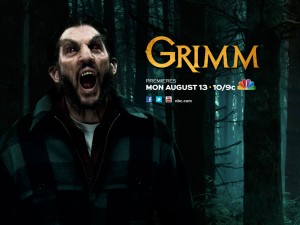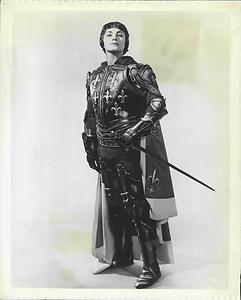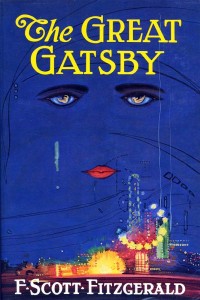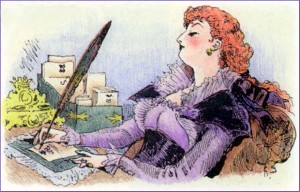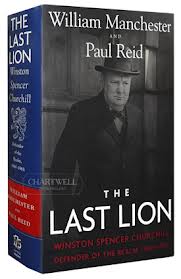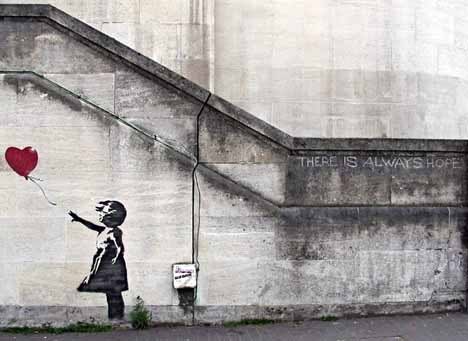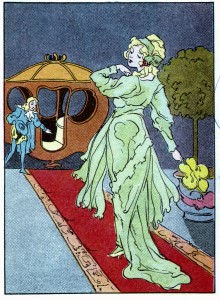 I used to believe that every human behavior could be explained by environment. Bad parenting begets bad people. No one is born evil, I’d scoff. It’s always the mother’s fault, Freudians would have us believe. And aren’t mothers of perpetrators who create mass destruction at fault? The latest horrific act of violence has already been laid at the feet of the killer’s mother. The dead can’t speak, they can be assigned blame. Because we so need to blame. It must be the mother, autism, etc etc Can’t be that someone is born with a piece missing, a vital piece of humanity left out. The ability to feel. More specifically, empathize, the human response to others problems or simply of being. To put yourself in someone else’s shoes, to use a more colloquial term. Society has discarded that old chestnut long ago. The idea that a crazy person’s offspring will be nutty too, dissipated as more and more people lay on couches being psychoanalyzed. No more does the center theme of Eugene O’Neill’s odd never ending play, Strange Interlude, exist–that the son of an insane person has insanity in the blood, and one must not marry and interbreed with such people. Ok, so that concept my be extreme, but science has found the propensity for depression is passed from generation to generation, just as other bodily or mental conditions are. Is crazy, I mean violent crazy, also genetic and the ‘evil’ one not responsible, due to genetic predisposition? How about none of the above? What if sociopaths are born, and made? What if you take two individuals, treat them exactly in the same horrific manner, abuse them, deny any warmth or love to them, generally make life a living hell–and one turns out to be a decent member of society, the other a serial killer? Is it Nature or Nurture? I believe it’s both.
I used to believe that every human behavior could be explained by environment. Bad parenting begets bad people. No one is born evil, I’d scoff. It’s always the mother’s fault, Freudians would have us believe. And aren’t mothers of perpetrators who create mass destruction at fault? The latest horrific act of violence has already been laid at the feet of the killer’s mother. The dead can’t speak, they can be assigned blame. Because we so need to blame. It must be the mother, autism, etc etc Can’t be that someone is born with a piece missing, a vital piece of humanity left out. The ability to feel. More specifically, empathize, the human response to others problems or simply of being. To put yourself in someone else’s shoes, to use a more colloquial term. Society has discarded that old chestnut long ago. The idea that a crazy person’s offspring will be nutty too, dissipated as more and more people lay on couches being psychoanalyzed. No more does the center theme of Eugene O’Neill’s odd never ending play, Strange Interlude, exist–that the son of an insane person has insanity in the blood, and one must not marry and interbreed with such people. Ok, so that concept my be extreme, but science has found the propensity for depression is passed from generation to generation, just as other bodily or mental conditions are. Is crazy, I mean violent crazy, also genetic and the ‘evil’ one not responsible, due to genetic predisposition? How about none of the above? What if sociopaths are born, and made? What if you take two individuals, treat them exactly in the same horrific manner, abuse them, deny any warmth or love to them, generally make life a living hell–and one turns out to be a decent member of society, the other a serial killer? Is it Nature or Nurture? I believe it’s both.
Read more
